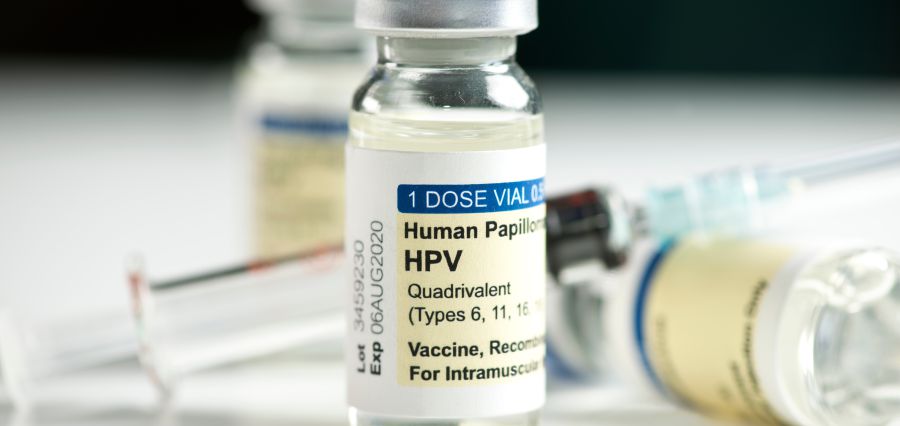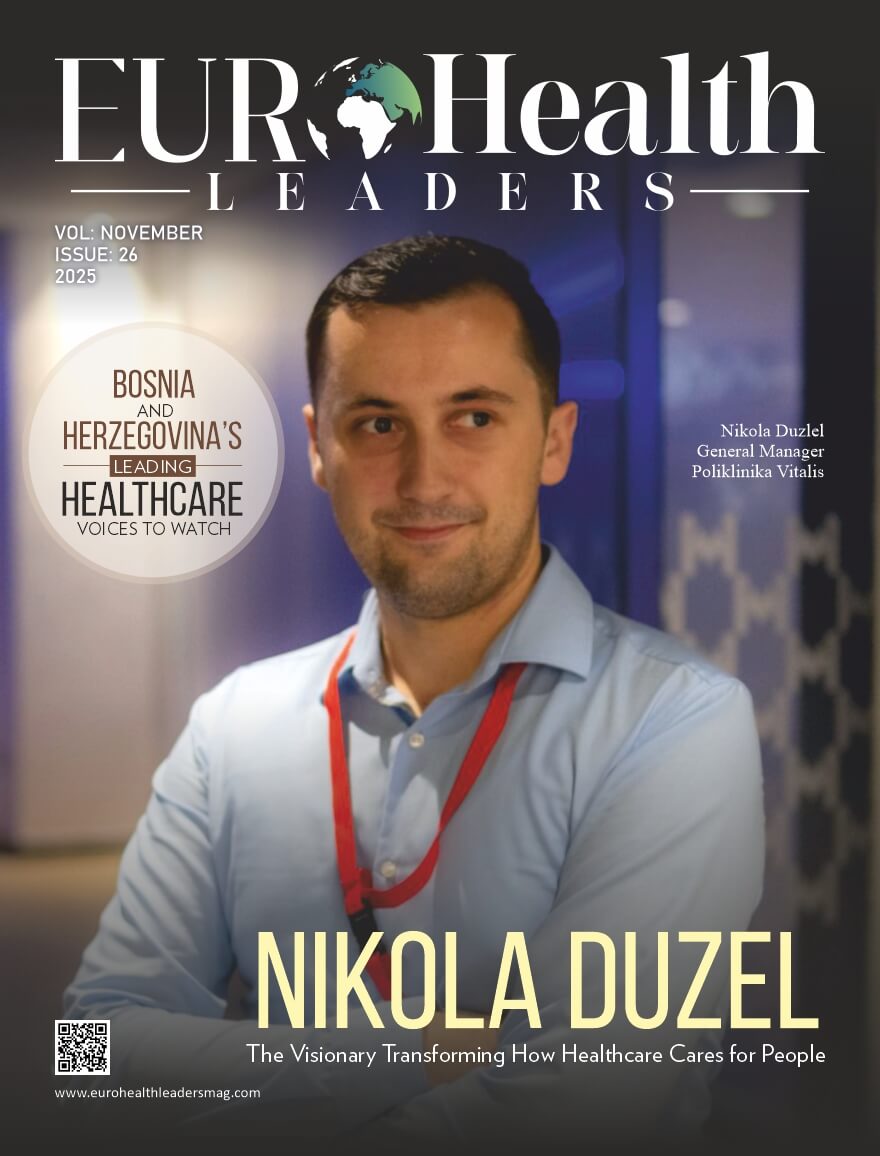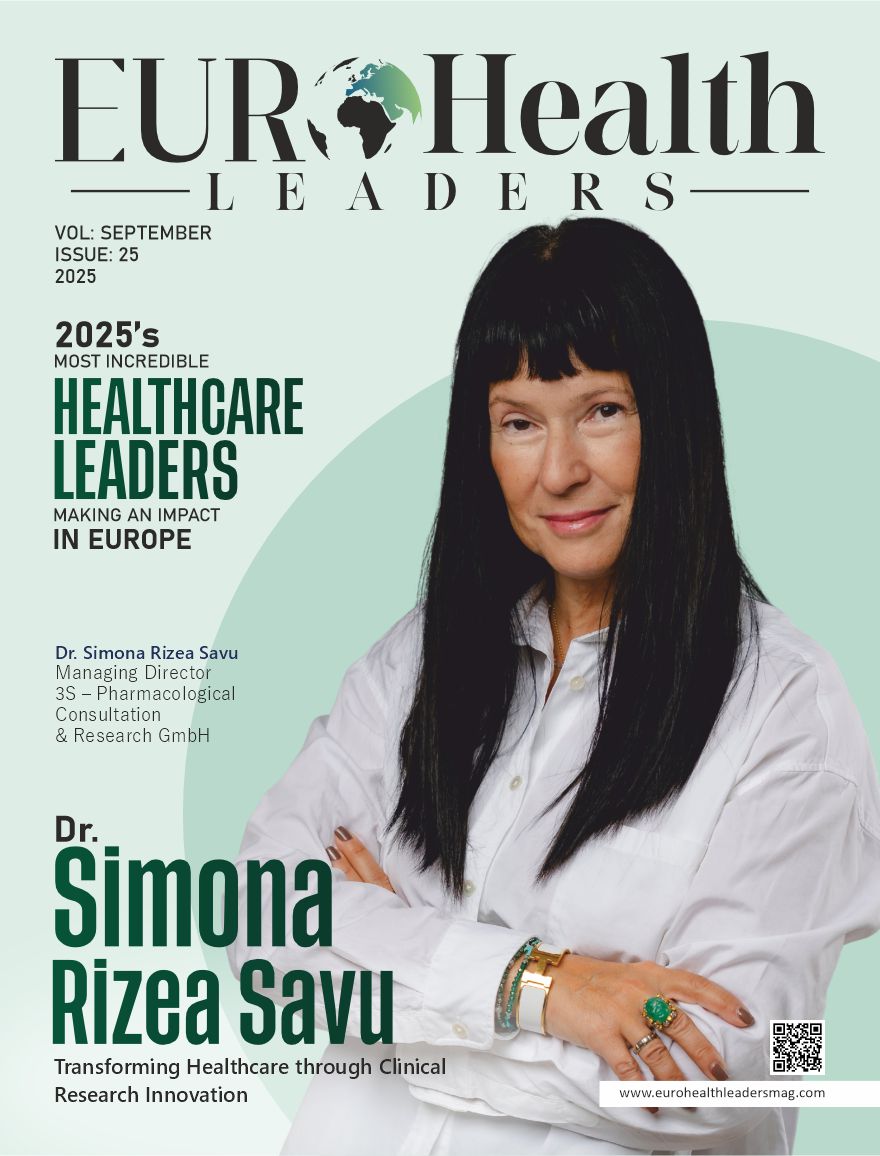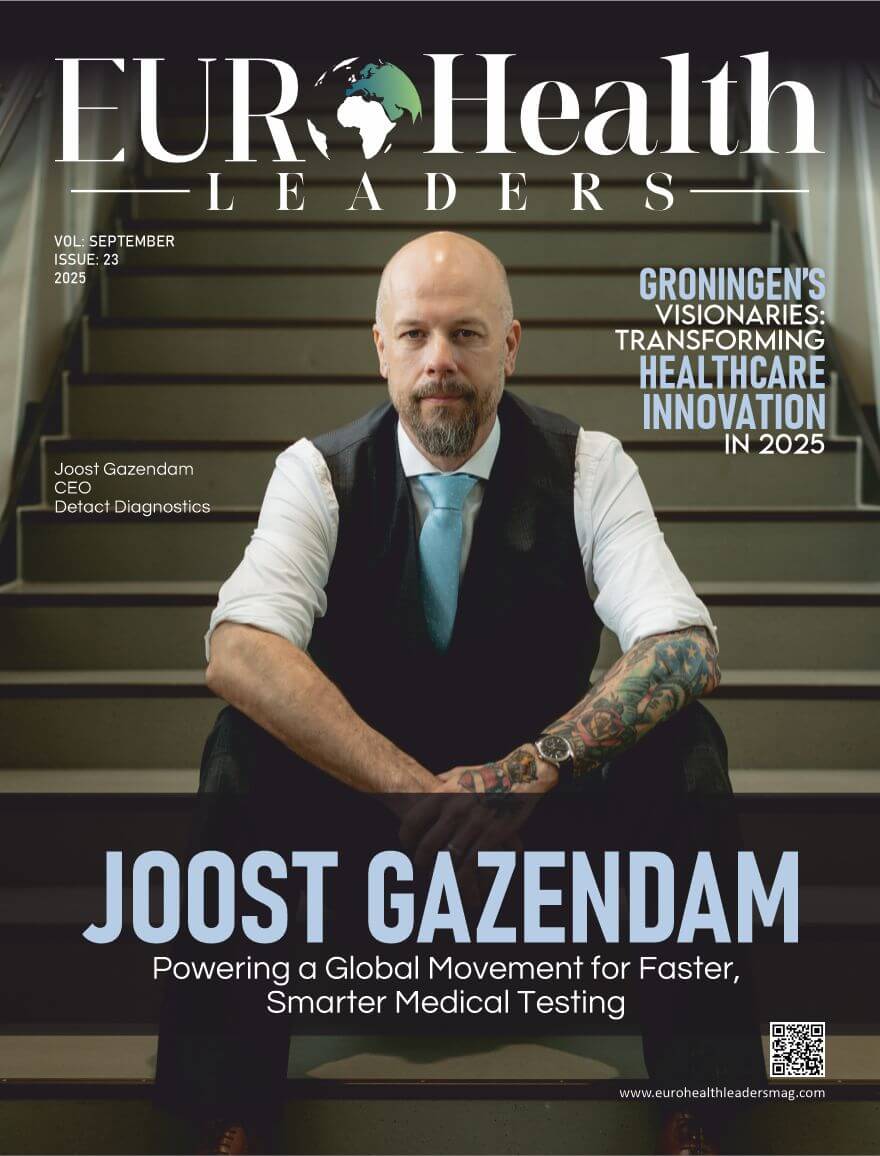Prime Highlights:
- HPV vaccine is highly effective at preventing cervical cancer, especially when given before age 16.
- The vaccine is safe, with only minor side effects like a sore arm and no long-term health risks.
Key Facts:
- Girls vaccinated by age 16 are 80% less likely to develop cervical cancer than unvaccinated girls.
- Cervical cancer caused around 660,000 new cases and 350,000 deaths worldwide in 2022, mostly affecting younger women.
Background:
The HPV vaccine helps prevent cervical cancer, especially if given before age 16, and is mostly safe.
Two big reviews by the nonprofit Cochrane studied over 132 million people in clinical trials and real-life settings. They found that girls who received the vaccine are 80% less likely to get cervical cancer than those who were not vaccinated. The vaccine also prevents precancerous changes in cervical and other tissues, particularly when given before exposure to HPV.
“Clear and consistent evidence from around the world shows that HPV vaccination prevents cervical cancer,” said Nicholas Henschke, head of Cochrane Response.
HPV is a common virus. In 2022, cervical cancer caused around 660,000 new cases and 350,000 deaths worldwide, mostly affecting younger women, according to the World Health Organization (WHO).
While HPV vaccines such as Cervarix and Gardasil have been widely recognized as a major breakthrough, misinformation has affected uptake. Cochrane researchers cited social media as a significant factor in stagnant or declining vaccination rates in countries including the United Kingdom and Italy, despite steady rises in Spain and Germany.
The studies show that serious side effects from the HPV vaccine are very rare. Most people only get minor side effects, like a sore arm, and it does not cause long-term health problems.
Dr. Jo Morrison, a gynaecological oncologist and one of the study authors, highlighted the wider benefits of vaccination. She said, “Vaccinating both boys and girls protects everyone and may also lower the risk of other HPV-related cancers over time.”
The researchers also pointed out that most studies have been done in wealthy countries, so more research is needed in regions where cervical cancer is a bigger problem. While it may take years to fully understand the vaccine’s long-term effects, these findings support the global recommendation to vaccinate children before they turn 16.









